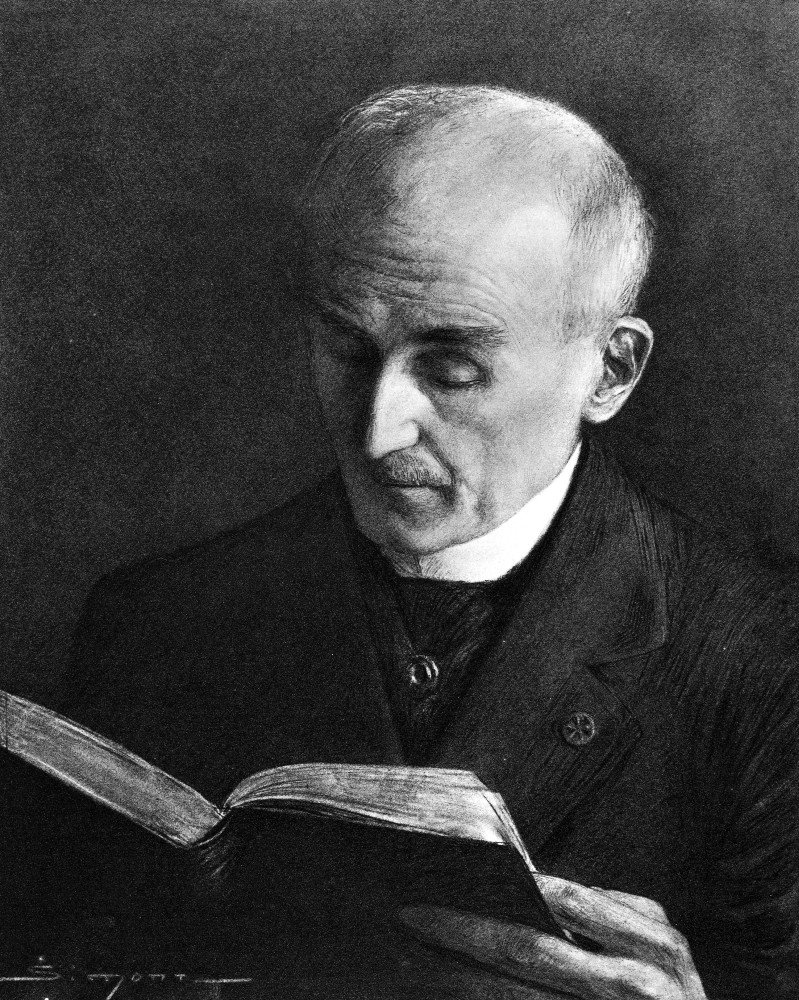Episode #146 - Bergson on Laughter Pt. 2 - Vitalism
Henri Bergson on laughter
This is part two of the show’s deep dive into Henri Bergson’s Laughter. The episode connects Bergson’s hybrid theory of comedy to his broader philosophical worldview shaped by process philosophy and vitalism. Drawing from Heraclitus, Bergson sees life as a constant, flowing process that resists static, mechanistic explanations. He argues that laughter arises when something rigid or mechanical disrupts the natural fluidity of life—a phenomenon he famously describes as “the mechanical encrusted upon the living.” For Bergson, laughter isn’t just about amusement; it serves a social function. It acts as a subtle corrective, encouraging people to remain adaptable and in tune with the vitality of society. Through this lens, we laugh not only at the absurd or the powerful but at anything that signals a lack of flexibility—whether it’s a distracted friend or a blind conformist. While Bergson's theory aligns with earlier ideas like superiority and incongruity, it ultimately frames laughter as both an intuitive reaction and a social message, balancing critique and absurdity with an underlying impulse toward collective health.
Further Reading:
Laughter: An Essay on the Meaning of the Comic by Henri Bergson (1900)
Living in Time: The Philosophy of Henri Bergson by Barry Allen (2023)
Bergson's Philosophy of Biology: Virtuality, Tendency and Time by Tano S. Posteraro (2022)
See the full transcript here.
Thank you to everyone who makes this podcast a possibility in the future.
I could never do this without your support! :)


